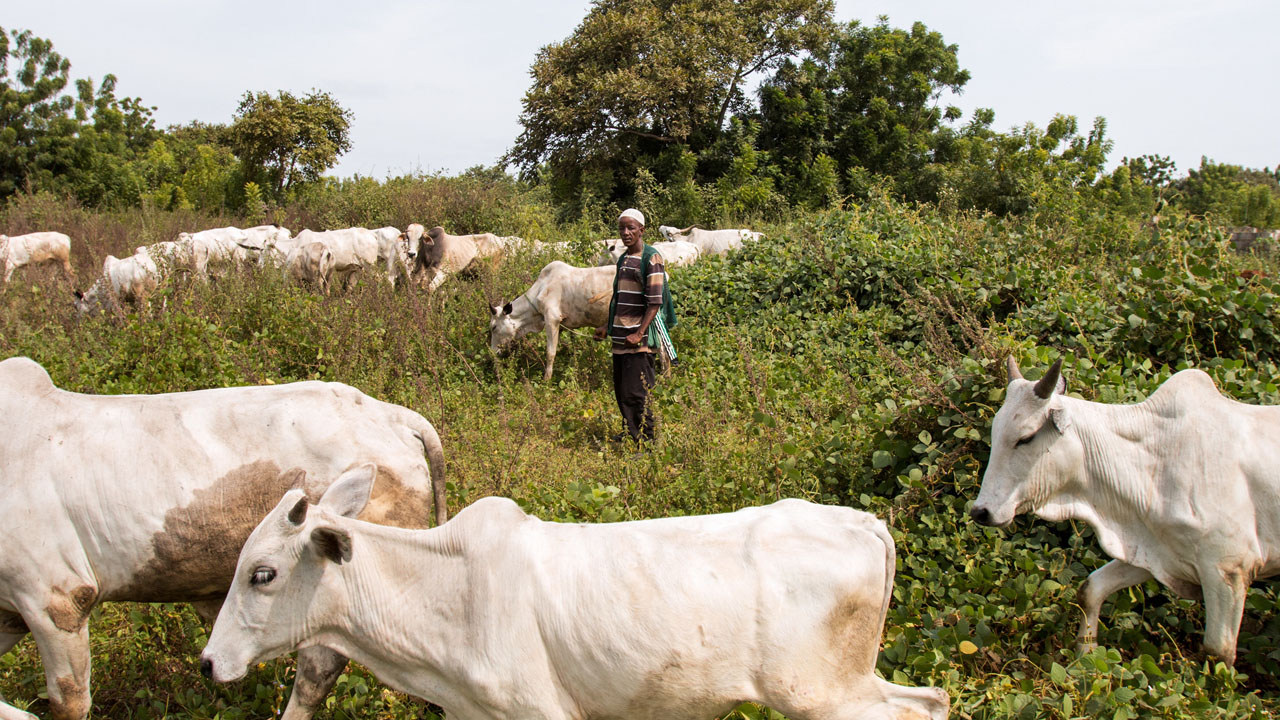The Miyetti Allah Cattle Breeders Association of Nigeria (MACBAN) in Benue State is advocating for a collaborative approach between local farmers, herders, and security agencies to tackle the escalating criminal activities that have plagued communities.
Speaking at the News Central TV Benue Town Hall Meeting on Thursday, Ibrahim Galma, Secretary of Miyetti Allah Benue State, emphasised that the ongoing violence is primarily perpetrated by “criminal elements,” not ordinary farmers or herders.
Galma acknowledged the efforts of both the Benue State Government and federal security forces in trying to protect lives. However, he highlighted that what began as localised issues has transformed into “deadly criminal activities” in areas like Taka and Buruku, forcing residents into hiding.
Attacks on Livestock and People Blamed on Criminals
“Our livestock, our women, and our elderly men have been attacked in all ramifications,” Galma stated, attributing these attacks “majorly” to criminal elements.
He stressed that friendly relationships still exist between many farmers and herders in the state, but the prevalence of criminal activities is a pressing concern.

Galma warned that without dialogue and collaboration, the problem will persist. He expressed worry about the situation in states with high herding communities like Nasarawa and Taraba, underlining that MACBAN’s ultimate goal is peaceful coexistence.
Call for Local Identification and Reintegration
MACBAN is urging a collaborative approach where local governments and security outfits identify and recognise resident herding families.
Galma proposed a survey to pinpoint these families, noting that “the indigenes know them” and they have historically lived in harmony, becoming “part of the community.”
He suggested that these identified herders could be reintegrated, fostering peaceful coexistence.
“When we get them, we know that the indigenes know them. They were living in harmony for far too long,” Galma said.
He believes that by establishing strong collaboration between local farmers and herders, authorities can uncover the root causes of these problems, including addressing accusations of external individuals entering the state to perpetrate violence.
Galma concluded by reaffirming MACBAN’s call for an “all hands on deck” collaborative approach involving the government, farming community, and security agents.
He agreed wholeheartedly that the issue is no longer about farmer-herder conflicts but rather about outright “criminality.”


 Trending
Trending 
